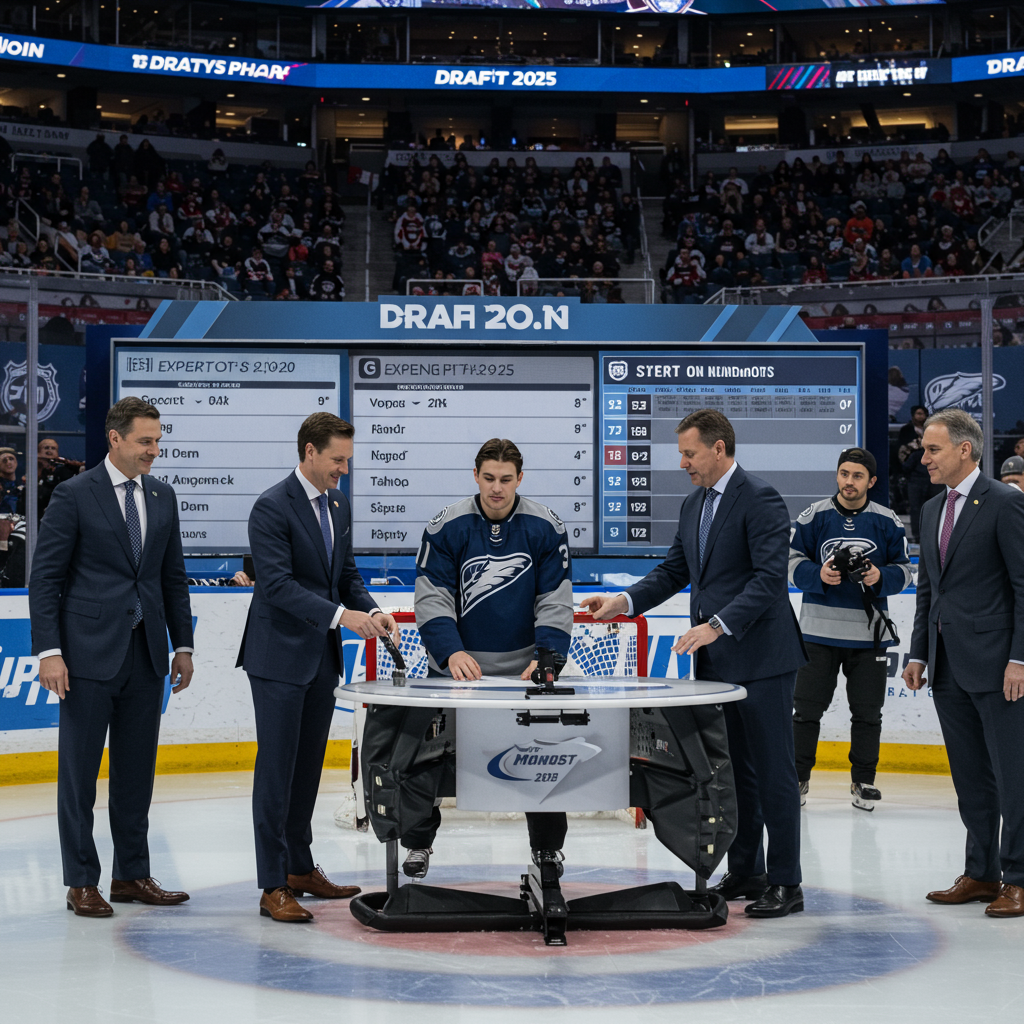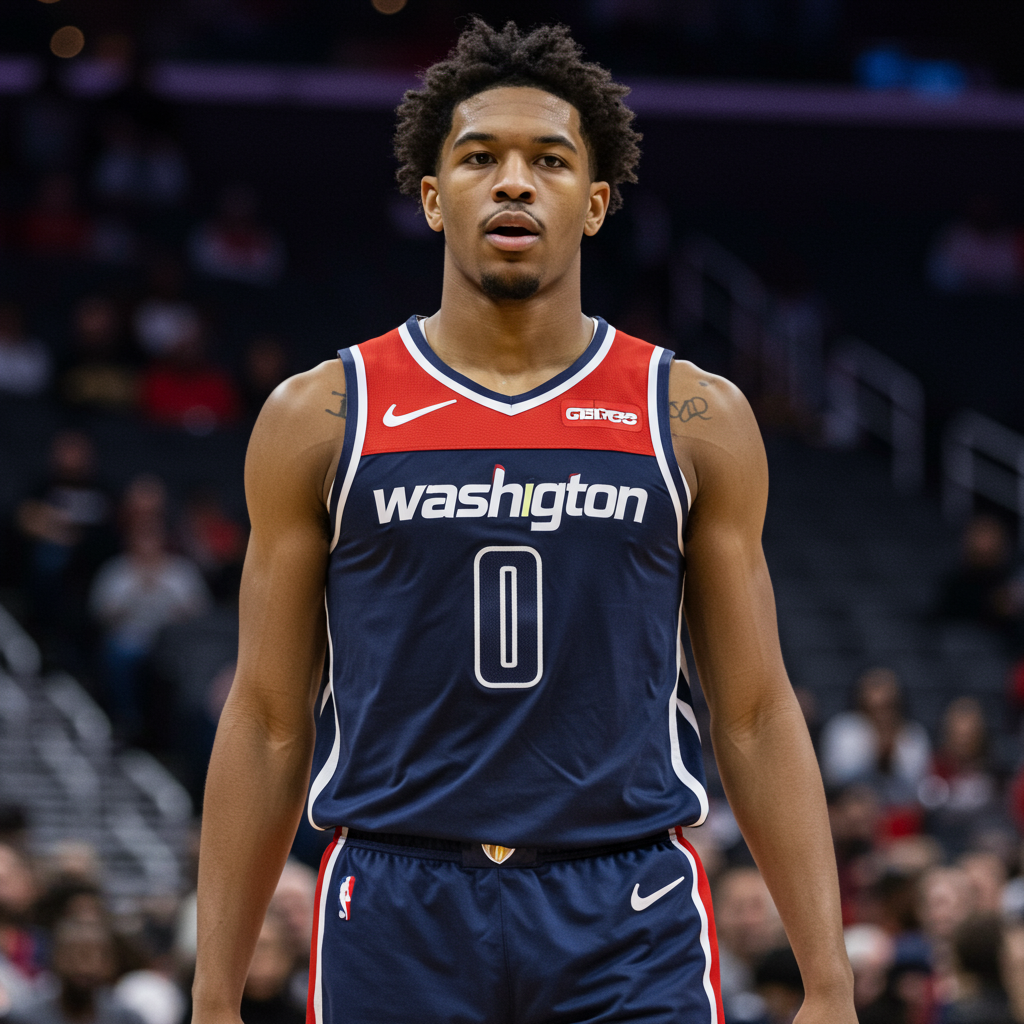In a significant development that has sent shockwaves through the boxing world and beyond, prominent Mexican boxer Julio César Chávez Jr. was apprehended by U.S. authorities in California. The arrest, carried out by U.S. Immigration and Customs Enforcement (ICE) agents, comes amidst serious allegations connecting him to organized crime and mexico’s powerful Sinaloa cartel. Officials also cited issues with his immigration status in the United States as a key factor in his detention. The high-profile apprehension took place just days after Chávez Jr. participated in a widely publicized boxing match.
This dramatic turn of events initiates a complex legal process involving potential expedited removal from the U.S. and extradition requests from Mexico. The charges against the former middleweight champion underscore ongoing international efforts to combat organized crime and enforce immigration laws, impacting individuals regardless of their public stature. The case highlights the intricate intersection of celebrity, international law, and the persistent challenge posed by transnational criminal organizations.
High-Profile Arrest Following Recent Bout
Julio César Chávez Jr., 39, was detained by federal U.S. agents on Wednesday, July 2, 2025, in Studio City, California. The arrest occurred just four days after he faced off against former YouTuber Jake Paul in a boxing match held in Anaheim, California, on June 28. According to his attorney, Michael A. Goldstein, the apprehension was carried out by a substantial group of over two dozen immigration and law enforcement agents outside his home.
The Department of Homeland Security (DHS) confirmed the arrest, stating that Chávez Jr. is currently being processed for expedited removal from the United States. This process allows the U.S. government to quickly remove certain noncitizens who are deemed inadmissible or deportable. The timing of the arrest, immediately following a public event, suggests deliberate action by authorities.
Mexican Arrest Warrant Cites Organized Crime
A primary catalyst for the U.S. detention was an active arrest warrant issued for Chávez Jr. in Mexico. Mexican officials confirmed on Thursday, July 3, that they had indeed issued this warrant. According to Mexico’s Attorney General’s Office, the warrant was initially issued in March 2023.
The charges specified in the Mexican warrant are grave. They include alleged involvement in organized crime and arms trafficking. Specifically, authorities in Mexico accuse the boxer of trafficking firearms, ammunition, and explosives. Following his arrest in the U.S., the Mexican Attorney General’s Office announced that it has formally initiated the corresponding procedure for his extradition to Mexico to face these charges. This indicates a clear intent from Mexican authorities to bring him back for prosecution.
US Immigration Status and Alleged Fraud
U.S. authorities have also cited Chávez Jr.’s immigration status as a reason for his arrest and eligibility for expedited removal. According to DHS, the boxer legally entered the United States in August 2023. He did so on a B2 tourist visa. This visa was valid until February 2024.
However, U.S. officials allege that Chávez Jr. overstayed this visa. They claim that on June 27, 2025, just days before his arrest, he was determined to be illegally present in the U.S. and therefore removable. Furthermore, DHS alleges that Chávez Jr. submitted a fraudulent application in April 2024. This application was for lawful permanent resident status. It was based on his marriage to a U.S. citizen. Authorities claim he made “multiple fraudulent statements” on this application. The SAN source also suggests he may have illegally re-entered the U.S. in January 2025 despite being deemed removable.
Alleged Ties to the Sinaloa Cartel
Perhaps the most serious allegation leveled against the boxer is his purported connection to the Sinaloa Cartel. The Department of Homeland Security stated explicitly in its statement that Mr. Chávez is “also believed to be an affiliate of the Sinaloa Cartel.” This powerful transnational criminal organization has been aggressively targeted by both U.S. and Mexican authorities. The Trump administration designated the Sinaloa Cartel as a Foreign Terrorist Organization in January 2025.
Adding a layer of complexity to the narrative, U.S. authorities have reportedly alleged a connection between Chávez Jr.’s marriage and the cartel. According to DHS, his U.S. citizen spouse is “connected to the Sinaloa Cartel through a prior relationship with the now-deceased son of the infamous cartel leader Joaquin ‘El Chapo’ Guzman.” This alleged link adds significant weight to the claims of cartel affiliation and potential motivations behind the alleged visa fraud.
Broader Context and Prior Legal Issues
This high-profile arrest is not Chávez Jr.’s first encounter with the U.S. legal system. He has a documented history of prior legal issues in California. In January 2012, he was arrested for driving under the influence (DUI) and driving without a license. This led to a conviction for DUI in June 2012. His sentence included a 13-day jail term and three years of probation.
More recently, in January 2024, Chávez Jr. faced charges related to firearm possession. He was arrested by the Los Angeles Police Department and charged with illegal possession of an assault weapon and manufacturing/importing a short-barreled rifle. Reports indicated he unlawfully possessed two AR-style guns without serial numbers. He was convicted on this charge. He served several days in jail before being released on a $50,000 bond, conditioned on his entry into a residential treatment program. Separately, CBS News mentions that a California district judge also issued an arrest warrant for him in January 2023 related to organized crime for weapons trafficking offenses. This appears distinct from the Mexican warrant issued later that year.
Government Stance and Political Framing
U.S. officials have used the arrest to send a strong message. DHS Assistant Secretary Tricia McLaughlin issued a statement emphasizing the administration’s stance. “Under President Trump, no one is above the law — including world-famous athletes,” she declared. McLaughlin also delivered a direct warning to alleged cartel affiliates within the United States. “Our message to any cartel affiliates in the US is clear: We will find you and you will face consequences. The days of unchecked cartel violence are over.”
McLaughlin also criticized the “previous administration.” She found it “shocking” that Chávez Jr. was flagged as a public safety threat but his removal was not prioritized. This lack of action allegedly allowed him to leave and subsequently re-enter the U.S. This framing highlights how the case is being used to illustrate current enforcement policies and draw political contrasts. Media coverage has varied, with some outlets focusing on enforcement successes while others touch upon the boxer’s personal struggles or question the political timing.
The Chávez Boxing Legacy
Julio César Chávez Jr. is the son of Mexican boxing legend Julio César Chávez Sr. His father is an icon in the sport. Chávez Sr. has maintained a high profile in Mexico. He recently appeared publicly with Mexico’s president on two occasions. These appearances were at a news conference and a large government event in Mexico City, drawing tens of thousands.
Chávez Jr. himself had a notable, albeit sometimes controversial, career. He is a former World Boxing Council (WBC) middleweight world champion. He won the title in 2011 and held it for 15 months. His professional record stands at 54-6-1. His recent loss to Jake Paul was a high-profile event, drawing significant media attention just days before his arrest. The stark contrast between competing on a global stage and facing detention on serious charges underscores the dramatic nature of this situation.
The Chávez family has publicly responded to the arrest. Julio César Chávez Sr. posted a statement on his Instagram page. The family expressed that they are “deeply troubled” by the situation. They offered their “full and unconditional support” for Julio Jr. The statement conveyed trust in his innocence. They also placed their faith in his “human qualities.” Furthermore, they expressed trust in the justice institutions of both Mexico and the U.S. to clarify the situation “according to the law and truth.” Meanwhile, Chávez Jr.’s attorney, Michael A. Goldstein, called the allegations “outrageous.” He described them as “simply another headline to terrorize the community.” He also mentioned they had an upcoming court date regarding the 2024 gun possession charges.
Path Forward: Extradition and Deportation
With Chávez Jr. detained by U.S. authorities based on Mexico’s warrant and his immigration status, the legal path forward involves dual processes. The U.S. is processing him for expedited removal, aiming for a swift deportation. Simultaneously, Mexico is actively seeking his extradition.
Extradition is a formal request from one country to another to surrender an individual accused or convicted of a crime. Given the active Mexican warrant for serious organized crime charges, the extradition process would likely proceed through diplomatic and judicial channels. However, his status as being illegally present in the U.S. also makes him subject to administrative removal procedures by ICE.
The interplay between these two processes will determine where Chávez Jr. ultimately faces charges. If extradited to Mexico, he would stand trial there for the crimes alleged in the 2023 warrant. If deported via expedited removal, he would be sent back to Mexico and could still be arrested upon arrival based on the same warrant. His arrest and potential deportation are expected to severely impact his boxing career, making it unlikely he could compete in the United States in the future.
The case continues to unfold. It highlights the complexities of international law enforcement cooperation, particularly concerning individuals linked to powerful criminal organizations like the Sinaloa Cartel. The allegations against a figure as recognizable as Julio César Chávez Jr. draw significant public attention to these critical issues.
Frequently Asked Questions
What specific charges does Julio Cesar Chavez Jr. face?
Julio César Chávez Jr. is primarily wanted in Mexico under an active arrest warrant issued in March 2023. This warrant is for alleged involvement in organized crime and arms trafficking, specifically trafficking firearms, ammunition, and explosives. In the United States, he is cited for being illegally present after overstaying his tourist visa and allegedly making fraudulent statements on a permanent residency application. U.S. authorities also allege he is an affiliate of the Sinaloa Cartel. A California judge also reportedly issued a warrant in January 2023 related to organized crime and weapons trafficking.
What is the current status of his case and next steps?
Following his arrest by U.S. ICE agents in California on July 2, 2025, Julio César Chávez Jr. is currently in U.S. custody. U.S. authorities are processing him for expedited removal from the United States due to his immigration status and alleged public safety threat. Simultaneously, Mexico’s Attorney General’s Office has confirmed they have initiated the formal procedure to request his extradition to Mexico. This means Mexico is seeking his surrender to face the charges specified in the Mexican arrest warrant.
What are the allegations linking him to the Sinaloa Cartel?
U.S. Department of Homeland Security officials stated they believe Julio César Chávez Jr. is an affiliate of the Sinaloa Cartel. This powerful criminal organization was designated a Foreign Terrorist Organization by the U.S. in January 2025. Additionally, DHS has alleged that Chávez Jr.’s wife, a U.S. citizen, is connected to the Sinaloa Cartel. This alleged link stems from a reported prior relationship she had with the now-deceased son of the cartel’s infamous former leader, Joaquin ‘El Chapo’ Guzman.



